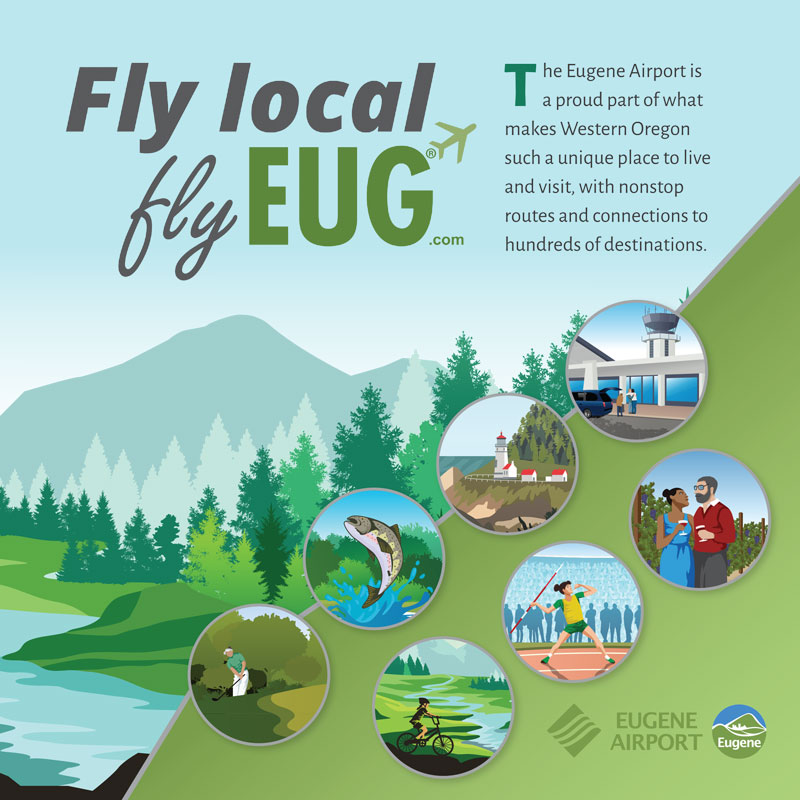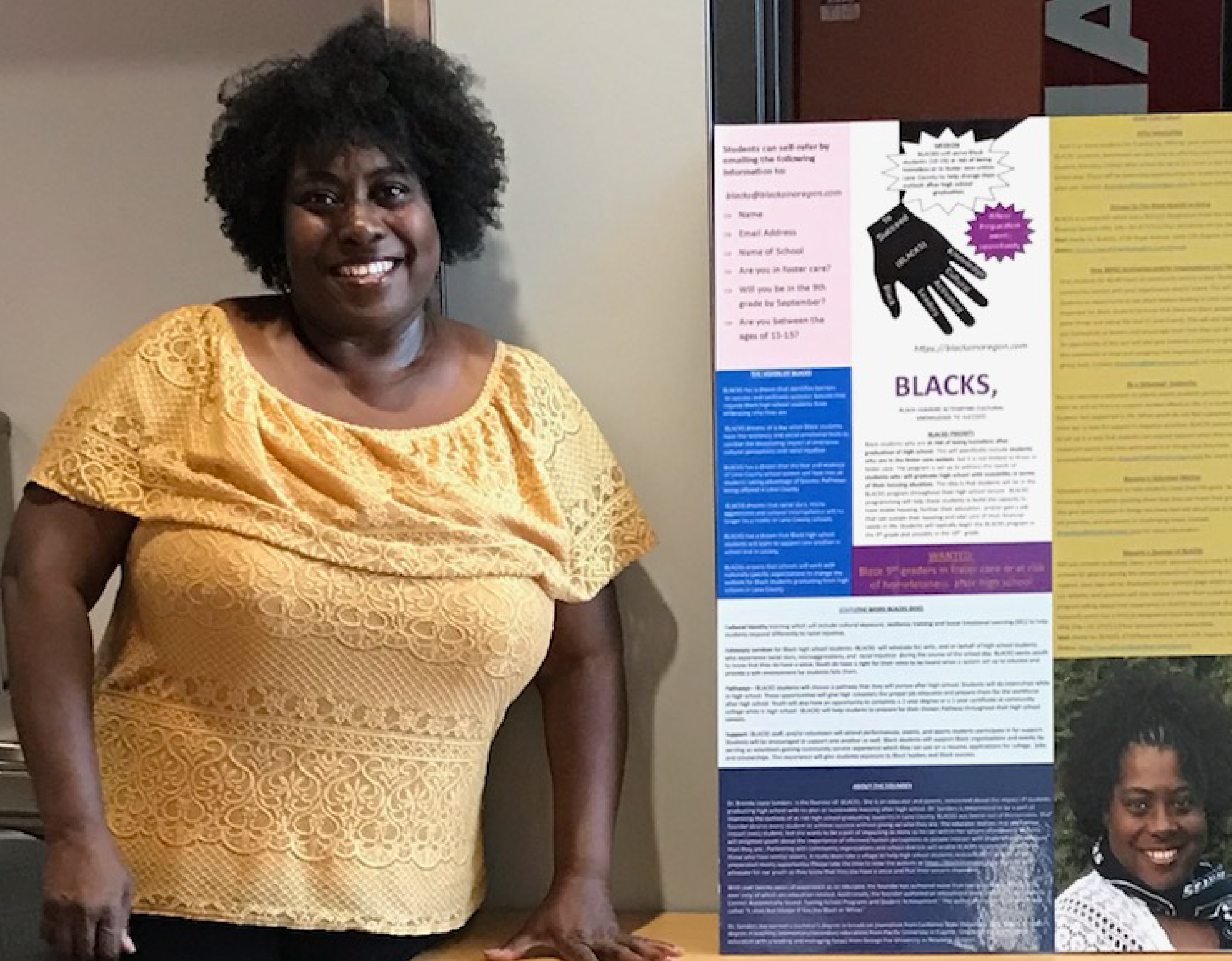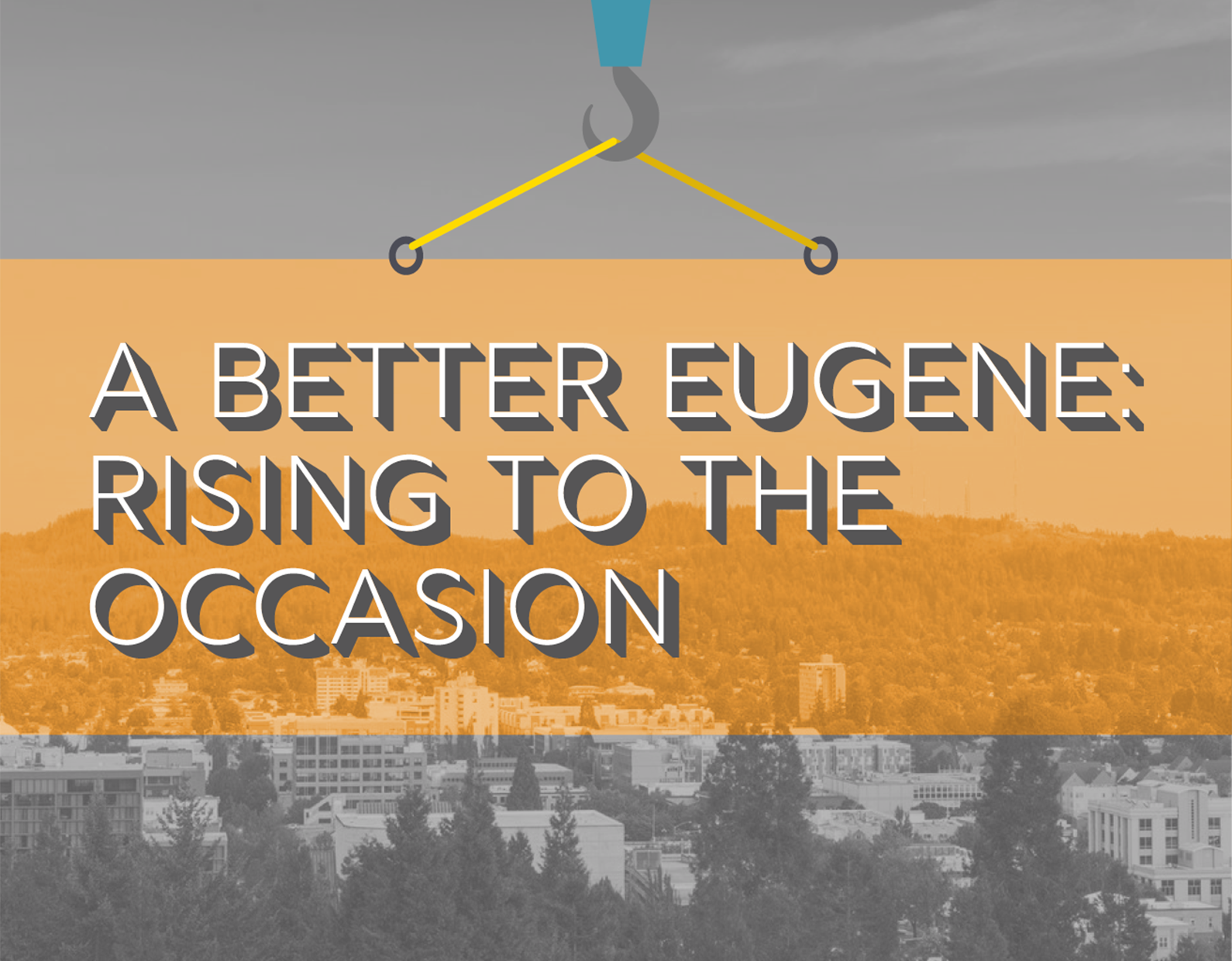
Industry Updates
LANE COMMUNITY HEALTH COUNCIL & KO-KWEL WELNESS SEEK TO BRING RELIEF
article by Article by RHONDA BUSEK | EXECUTIVE DIRECTOR, LANE COMMUNITY HEALTH COUNCIL
Better health, better care, and better value. This is the vision for Lane Community Health Council as a part of its role as the governing body for PacificSource Community Solutions Lane County Coordinated Care Organization. The Health Council is an independent non-profit organization that collaborates closely with physicians, hospitals, other healthcare providers and local community organizations to improve the health and well-being of residents in Lane County.
Established in 2019, the Council works to guide the design, development, and implementation of strategic initiatives in support of the PacificSource Community Solutions Lane County Coordinated Care Organization. The Health Council Board includes local community leaders across the spectrum of the Medicaid healthcare system as well as leaders in education, community advocacy and social determinants of health and equity. The Health Council Board has dedicated seats for consumers who directly represent Lane County at large.
One of the key roles of the Health Council is to allocate community focused funds that are part of the CCO contract PacificSource Community Solutions Lane County CCO has with the Oregon Health Authority. These funds are awarded by the Health Council to local community initiatives and organizations. The Health Council has been working over the last year to set priorities and criteria for investing an unprecedented $15 million in local organizations focused on improving the health of communities across Lane County. Those funds will be distributed this spring and include a $1.3 million grant to the Ko-Kwel Wellness.
The Ko-Kwel Wellness Center opened its doors at its Eugene clinic in 2020, with the mission to promote a holistic approach to healing in a comfortable, inclusive environment.
Upon opening their doors for patients on River Road, they found a growing population of houseless persons in the area and learned that many had substance use disorders. With Oregon trailing the rest of the nation in access to treatment and mental health services, the Ko-Kwel Wellness Center decided to become part of the solution to this issue for the American Indian and Alaska Native population they serve as well as for the community.
“We know it truly will take a community effort to help these individuals and Ko-Kwel wants to do their part,” said Alexis Ravuri, Clinical Services Administrator for Ko-Kwel Wellness Center-Eugene.
It was not difficult to identify a specific area of need.
Oregon, like the rest of the country, is experiencing an opioid public health emergency. In 2022, 956 people across the state died from an unintentional overdose. The Oregon Health Authority now estimates that five Oregonians die every week from opioid related overdose.
Sara Koyano, Community Liaison for the Wellness Center, reports that nearly half of opioid related deaths in Oregon involve more than one drug and/or use of alcohol, with data showing that American Indians and Alaska Natives experiencing the highest rates of overdose death.
Despite some progress in reducing opioid misuse and overdose such as with harm reduction techniques like Naloxone distribution and awareness, many challenges remain. Oregon ranks near the top for people experiencing addiction and near the bottom for access to substance use disorder treatment services.
KWC turned its attention to improving access and found an advocate for offering services to the AI/AN community in Buffy Hurtado as the Tribal Liaison for Pacific Source Lane County CCO. She was able to offer KWC Community Benefit Initiative funding so that KWC could secure a consultant to help build an Opiate Treatment Program. When Ravuri relayed the dire situation in Lane County, regarding opiate addiction and overdose rates, Buffy said she would help.
Hurtado spoke with leadership of the Lane Community Health Council and told them about the work that Ko-Kwel had planned and highlighted that many tribes in Indian Country have created amazing programs to help both indigenous and community members at large. Knowing the opiate situation plaguing Lane County, the Lane Community Health Council Board of Directors decided to partner with Ko-Kwel offering them $1.3 million dollars to expedite bringing these services to the community. KWC is honored to be able to help Lane County address this crisis and offer culturally competent, whole person care.
KWC plans to offer substance use services starting this summer, with the full opiate treatment program slated for 2025.
“We understand the urgency and the need,” said Ko-Kwel Wellness Center CEO Mark Johnston. “The problem will not go away on its own, and people are dying.”










